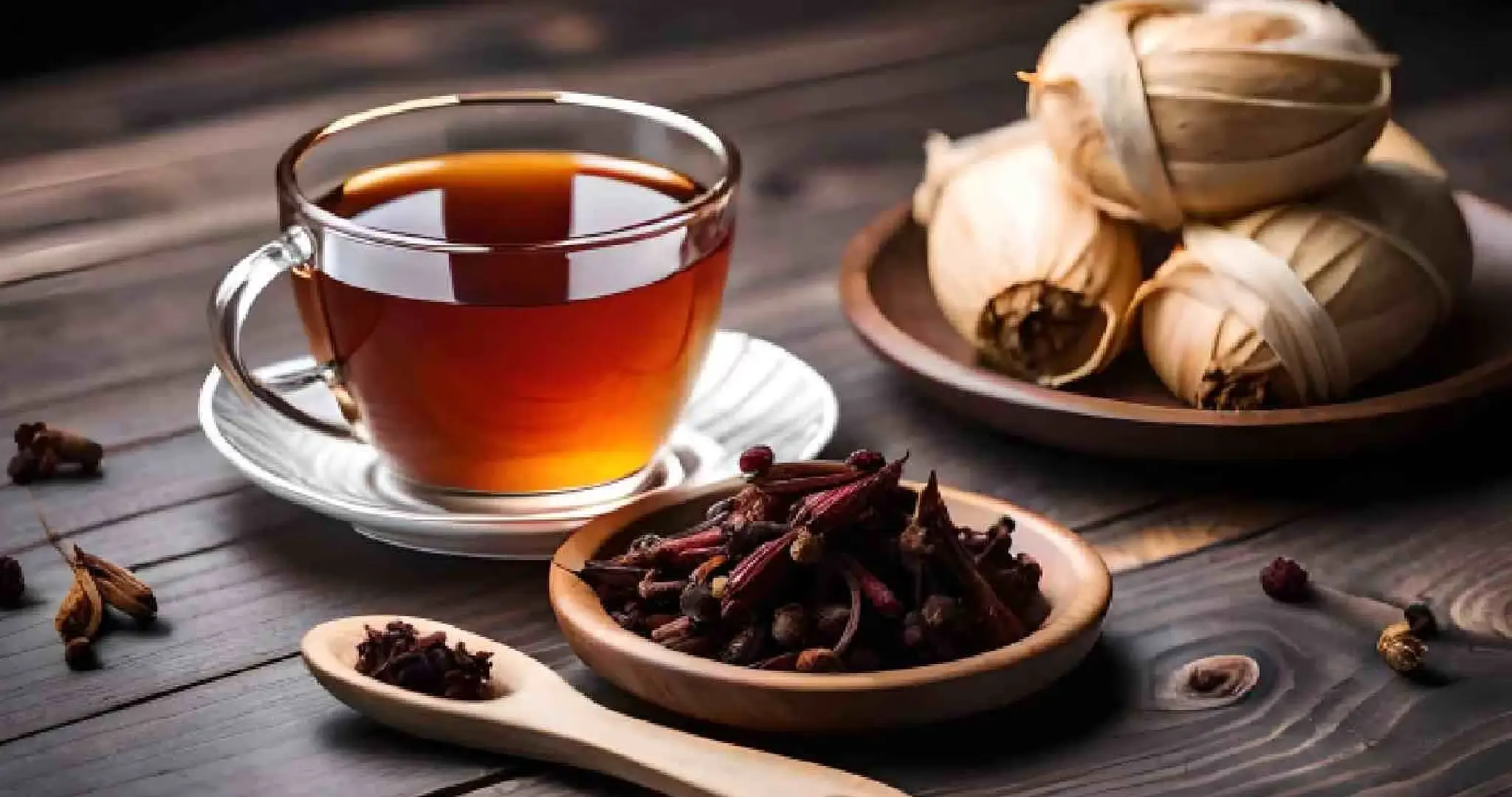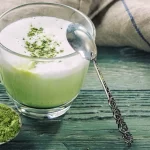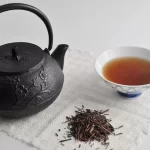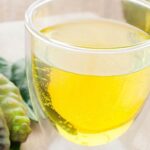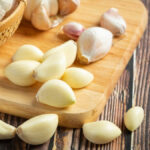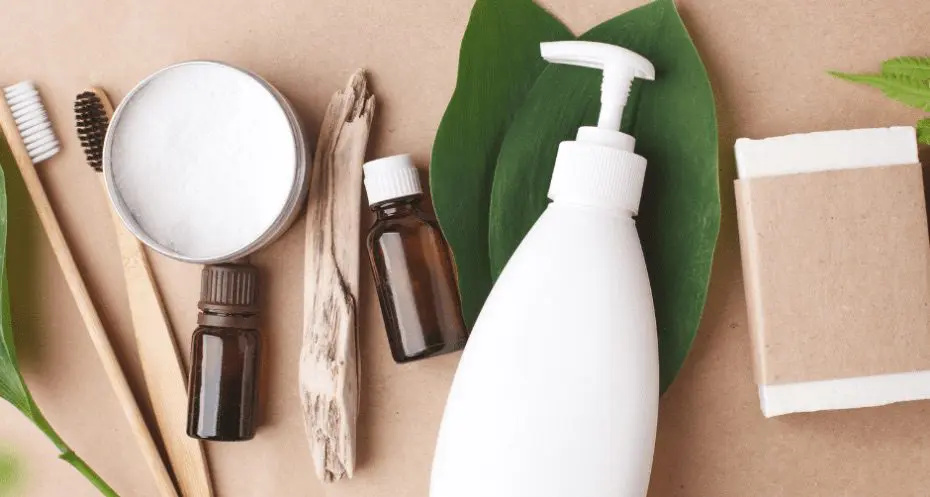Exploring the Benefits of Cloves
As we delve into clove tea benefits, clove, also known as laung, is a cherished spice found in many kitchens around the world. Renowned for its intense aroma and flavor, cloves are not only a culinary delight but also boast impressive medicinal properties and health benefits.
Rich in antioxidants, incorporating cloves into your diet can enhance your overall well-being.
Clove (Syzygium aromaticum) is a tree native to Indonesia, recognized for its dried flower buds, which are widely used as a spice in various cuisines and hold significant value in traditional Chinese and Ayurvedic medicine.
The parts of the clove tree—specifically the oil, dried flower buds, leaves, and stems—are utilized for their medicinal properties.
Key Components: Clove oil is rich in a chemical compound called eugenol, known for its potential pain-relieving and antibacterial effects. Clove is often found in cigarettes, contributing to its popularity.
One simple yet effective way to enjoy the benefits of cloves is through clove tea, which is known to improve gut health and strengthen the immune system.
Making clove tea at home is incredibly easy, requiring just two ingredients that you likely already have on hand. It serves as a fantastic alternative if you’re looking to reduce your dependency on traditional tea.
Ingredients Needed:
- 1 to 4 whole cloves
- 1 cup of water
Instructions:
- In a saucepan, bring 1 cup of water to a boil.
- Add the whole cloves to the boiling water and let them steep for about 3 to 5 minutes.
- After steeping, turn off the heat and strain the tea into a cup.
- If desired, you can sweeten your tea with honey, but this step is optional.
The ideal time to enjoy this aromatic tea is in the morning. However, it’s essential to limit your intake to no more than one cup, as consuming excessive amounts of any substance can lead to adverse effects on health. If you are currently undergoing any medical treatment, it’s advisable to consult your doctor before incorporating clove tea into your routine.
Dietitian Jaya Johri notes, “Cloves are inherently warming, so it’s best to avoid excessive consumption. However, during colder weather, enjoying 1 to 2 cloves can be beneficial.”
By including cloves in your meals and trying out this delightful clove tea, you can harness their numerous health benefits while enjoying their unique flavor.
Benefits of Clove Tea: What Is It Good For?
Clove tea offers a variety of health benefits, making it a valuable addition to your diet. Here are some key advantages of incorporating this aromatic beverage into your routine:
- Rich in Antioxidants: Cloves are packed with antioxidants that combat free radical damage in the body. This not only enhances overall health but also boosts the immune system, helping you fend off illnesses.
- Antiseptic and Antiviral Properties: The antiseptic, antiviral, and antimicrobial qualities of cloves can help prevent common infections, colds, and coughs, keeping you healthier throughout the year.
- Improves Digestion: Drinking clove tea can aid in digestion, making it easier for your body to process food. A healthy digestive system is crucial for weight management and overall well-being.
- Boosts Metabolism: This fragrant tea can help increase your metabolic rate, further supporting your weight loss efforts by encouraging your body to burn calories more efficiently.
- Relief from Gum and Tooth Pain: If you experience gum or tooth pain, clove tea can provide relief. Its anti-inflammatory properties reduce swelling in the gums and alleviate toothaches. Additionally, drinking clove tea helps eliminate bacteria from the mouth, promoting oral health.
- Eases Chest Congestion and Sinus Issues: Clove tea is beneficial for those suffering from chest congestion or sinus problems. The eugenol present in cloves can help clear phlegm, making it easier to breathe.
- Supports Immune Function: Cloves contain vitamins E and K, which are essential for fighting bacterial infections and can help lower body temperature during illness.
- Detoxification: Clove tea aids in flushing out harmful toxins from the body, which can help prevent various skin issues. Regular consumption can assist in healing wounds, addressing skin problems, and combating fungal infections.
By enjoying clove tea, you can harness these health benefits while indulging in its delightful flavor. Whether you’re looking to boost your immune system, improve digestion, or find relief from discomfort, clove tea is a versatile and healthful beverage choice.
Additional Benefits of Clove Tea
- Anti-Cancer Properties: Cloves contain compounds with anti-cancer properties, which may help in the fight against cancer. Drinking clove tea can be a part of a proactive approach to maintaining health and supporting your body in its defense against this disease.
- Relief from Chronic Arthritis: Drinking cold clove tea may provide relief from chronic arthritis. Prepare your clove tea and refrigerate it for a few minutes before drinking. This chilled beverage can help reduce joint pain and swelling, making it a soothing option for those suffering from arthritis.
- Stress Reduction: A study suggests that drinking clove tea can help lower stress levels. Enjoying this warm beverage may elevate your mood by releasing feel-good hormones, promoting a sense of happiness and relaxation.
Natural Hand Sanitizer
In addition to its health benefits, clove tea can serve as a natural hand sanitizer. If you find yourself without hand sanitizer, simply apply some cooled clove tea to your hands.
Cloves possess antibacterial properties that can help cleanse your hands effectively, making it a convenient alternative when traditional sanitizers are unavailable.
By incorporating clove tea into your daily routine, you can enjoy these diverse benefits while embracing a natural and flavorful beverage that supports your overall health.
Common Uses and Effectiveness
Possibly Effective For:
- Pneumonia Prevention: Clove mouthwash may help prevent pneumonia in individuals on ventilators in a hospital setting.
While there are many claims surrounding clove’s effectiveness for various ailments—including toothache, pain during dental procedures, dental plaque, hangovers, and indigestion—there is limited scientific evidence to support these uses.
Side Effects and Precautions
When Taken by Mouth
- Clove is generally safe when consumed as part of food. However, the safety and potential side effects of larger doses remain unclear.
When Applied to the Skin
- Clove oil or creams containing clove may be safe for topical use. However, applying clove oil in the mouth or to the gums can sometimes cause irritation and damage to the gums. Skin application may lead to burning or irritation.
When Inhaled
- Smoke from clove cigarettes is likely unsafe and can result in respiratory issues and lung diseases.
Special Precautions and Warnings
- Pregnancy and Breastfeeding: Clove is usually safe in food amounts, but there’s insufficient information regarding its safety in larger doses during pregnancy or breastfeeding. It’s best to stick to culinary amounts.
- Children: Clove oil can be unsafe for children when taken by mouth. Even small quantities can lead to severe side effects, including seizures and liver damage.
- Bleeding Disorders: Clove oil contains eugenol, which may slow blood clotting. Individuals with bleeding disorders should exercise caution, as it may increase the risk of bleeding.
- Surgery: Clove may affect blood sugar levels and slow clotting. It’s advisable to stop using clove at least two weeks before any scheduled surgery to prevent complications.
Interactions
Moderate Interaction
- Diabetes Medications: Clove may lower blood sugar levels. Taking it alongside diabetes medications could lead to dangerously low blood sugar levels; close monitoring is recommended.
Minor Interaction
- Anticoagulant/Antiplatelet Medications: Clove may enhance the effects of blood-thinning medications, increasing the risk of bruising and bleeding.
- Ibuprofen: Combining ibuprofen with clove oil for topical application may increase the absorption of ibuprofen through the skin, potentially heightening side effects.
Dosing
Clove is widely used as a spice in cooking and is also available in various forms, including mouthwashes, gels, creams, and oils.
However, there is not enough reliable information to determine the appropriate medicinal dose of clove. It’s advisable to consult a healthcare provider to identify the most suitable product and dosage for specific health conditions.

A graduate of Computer Science and Information Management Technology. Diploma – Caregiving, Certificates – Dementia and Diabetes Awareness and Management. A researcher, blogger, songwriter, singer and acoustic guitarist. Born in an environment where natural talents such as healing are imparted at our natural birth. This natural talents of healing is the result of our genetic inheritance and the training from family environment.











